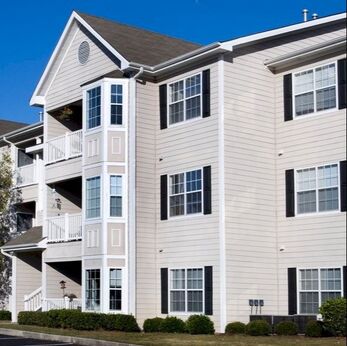One effective strategy for overseeing utilities in multi-unit units is the use of intelligent measurement devices. Smart meters offer immediate data on energy and H2O consumption. This data allows building administrators to detect patterns and trends in resource use. For instance, if a particular unit uses significantly more water than its neighbors, the manager can investigate possible leaks or motivate the resident to adopt more water-efficient practices. Through tackling these issues promptly, administrators can minimize waste and decrease service costs for all residents.

A further crucial element of digital resource administration is the implementation of energy-efficient solutions. Many multi-dwelling buildings can benefit from eco-friendly lighting, heating systems, and air conditioning systems. Such solutions not only reduce power use but also lower service bills. Building managers can use digital platforms to monitor the efficiency of these technologies and implement adjustments as required. For example, if a heating system system is not functioning functioning effectively, the manager can arrange repairs or improvements to ensure maximum efficiency.
In addition to intelligent meters and eco-friendly solutions, cloud utility management can improve communication between building administrators and residents. A digital platform can offer tenants with access to their service consumption data, allowing them to track their consumption. This transparency encourages residents to be more conscious of their resource use. Additionally, property managers can distribute notifications about maintenance timing, energy-saving tips, or community events through the system. Improved interaction cultivates a sense of community and motivates residents to participate in utility-saving efforts.
Ultimately, implementing cloud resource management strategies can lead to a greater eco-friendly fiber optic backbone networks residential space. By enhancing utility consumption, multi-unit buildings can significantly reduce their carbon footprint. This is important not only for the residents but also for the planet. As more individuals grow conscious of ecological concerns, they are likely to appreciate residing in a structure that focuses on eco-friendliness. Property managers who implement these strategies can attract environmentally conscious tenants, enhancing the building's reputation and potentially increasing its value. Overall, effective cloud resource management is essential for creating efficient, pleasant, and sustainable living spaces in multi-unit units.